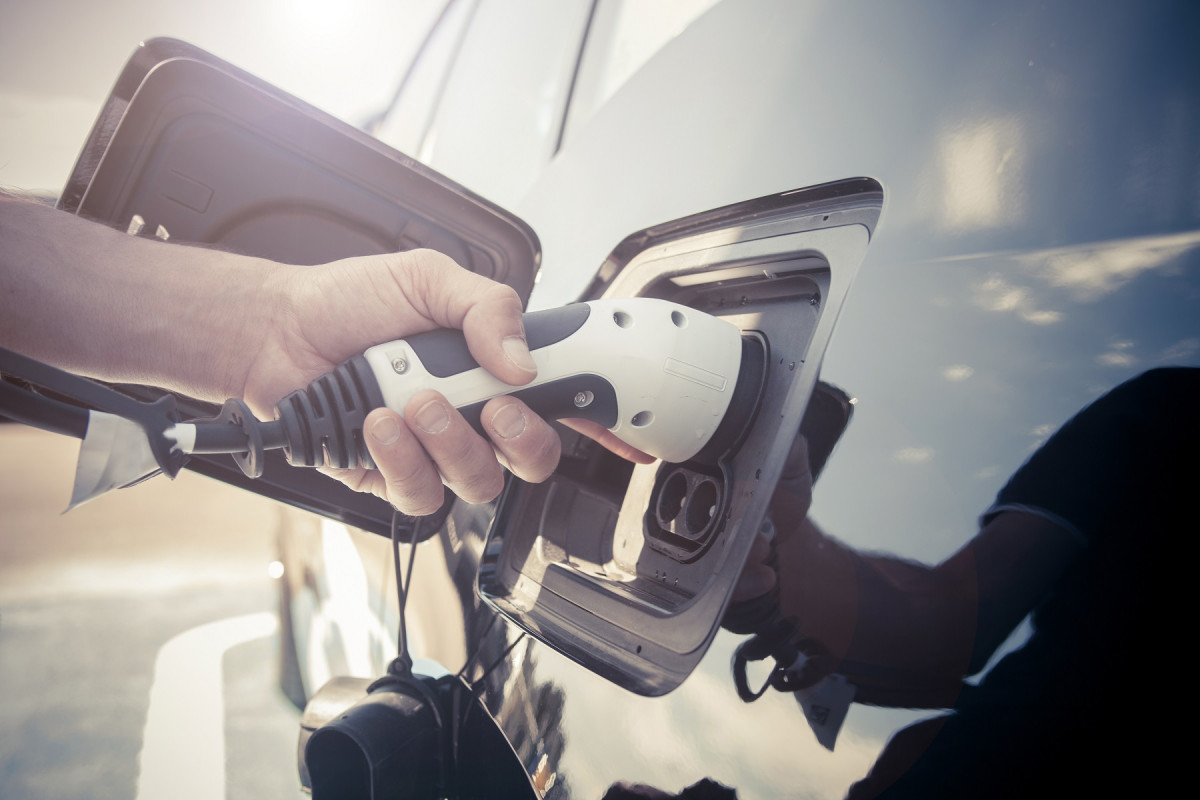Uk Milestone For Cleaner Motoring
In January 2018, BP – one of the largest oil and gas companies in the world – acquired one of the UK’s biggest electric car network Chargemaster for £130M. This move into low carbon vehicles was a smart move to address the very real threat electric cars pose to their core business. As part of the takeover, BP made plans to install fast chargers at 1,200 of their forecourts throughout the UK. Chargemaster already had 6,500 charging points across the UK, and this set to increase in the new plans.
What Does This Mean For Owners Of Electric Cars In The UK?
It’s not only BP who are looking to invest into electric cars – the UK government have announced plans to increase uptake of electric cars as part of a ‘road-to-zero’ strategy. One of the main concerns surrounding electric cars is the limited amount of public charging points. There are also issues with the length of time electric cars run, and the time it takes to charge up.
The ‘road to zero’ strategy looks to tackle these issues by investing £400m in charging development and £40m for the development of wireless and on-street charging. There is also a sweetener to anyone purchasing electric cars – they will receive £500 cashback from the government. The government want to use this money to invest in the development of at-home charging points.
There Are Now More Than 140,000 Electric Cars In The UK
BNEF (Bloomberg New Energy Finance) is a leading provider of primary research on clean energy. They have predicted more than half of UK cars, over 12M, will be electric by 2040.
However, there is still a long way to go. In the first 6 months of 2018, only 5.5% of the UK’s new car market were hybrid or electric cars. The clock is ticking though as the government has placed a ban of all petrol and diesel powered vehicles by 2040 as part of the Air Quality Plan.





